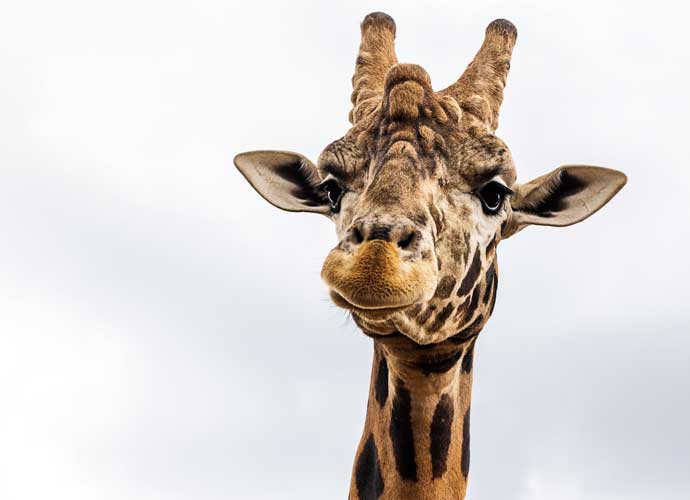Woman Tries To Bring Box Of Giraffe Poop From Africa Into U.S. – But Customs Service Seize It At The Airport
Customs agents at Minneapolis–Saint Paul International Airport seized and destroyed a box of giraffe poop that a woman had brought to the U.S. from Kenya.
The woman, from Iowa, was selected for inspection by agricultural specialists from the customs agency on September 29 when she arrived at the airport in Minneapolis.
When questioned, she quickly told them that she had a box of giraffe feces with her and planned to make a necklace out of the droppings. She elaborated that she had previously made jewelry from moose droppings.
Augustine Moore, CBP Area Port Director at the airport, stated, “CBP agriculture specialists have extensive training and experience in the biological and agriculture sciences, they inspect travelers and cargo arriving in the United States by air, land, and seaports of entry.”
In accordance with the U.S. Department of Agriculture destruction protocol, the box and giraffe poop were destroyed via steam sterilization.
People are only allowed to bring ruminant animals’ feces into the U.S. if they obtain a Veterinary Services Permit.
Lafonda D. Sutton-Burke, Customs and Borders Protection (CBP) Director, Field Operations-Chicago Field Office, said in a statement, “There is a real danger with bringing fecal matter into the U.S…. if this person had entered the U.S. and had not declared these items, there is a high possibility a person could have contracted a disease from this jewelry and developed serious health issues.”
Kenya currently faces many cases of African swine fever, classical swine fever, Newcastle disease, foot and mouth disease and swine vesicular disease. While many are only a threat to livestock, some can be harmful to humans as well.
The woman in possession of the giraffe poop will not face any sanctions as she declared the feces and surrendered it to customs officials immediately. Had she tried to sneak the excrement past the airport agents, she could have faced a penalty anywhere between $300 to $1,000.
Lauren Lewis, Chief of Agriculture for CBP at the airport, said in a statement: “[The woman] did not intend to potentially affect U.S. agriculture in any way. This was just something that she did as a hobby… she just saw something that would be an interesting addition to her hobby. Unfortunately, it’s those innocuous importations that sometimes can have the biggest effect.”
RELATED ARTICLES
Get the most-revealing celebrity conversations with the uInterview podcast!









Leave a comment